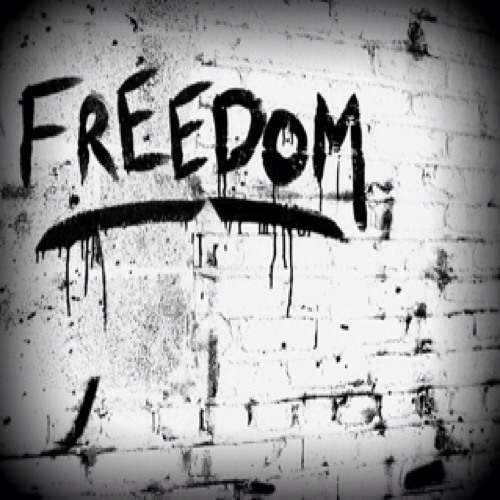Welcome to the Freedom section of our hymnal, perhaps one of the most fraught sections – not because the songs aren’t good, or important to preserve, but because there’s no guiding language in the hymnal that helps us use the music with due diligence, and thus we wind up with misappropriation and colonization and a thousand other problems, just because “we have it, so we can sing it” is the unspoken rule.
It’s not necessarily going to be a fun section for us to go through. I admit, I’m already bracing for it, because I have opinions, and I know others do too. But I am committed to the practice, and so I will sing, and write, and probably contradict myself a time or two.
So strap in, folks. We’re about to get real with freedom songs.
The section starts with this hymn, which instantly makes me think of the US Civil War. Here are Jacob Trapp’s lyrics:
Let freedom span both east and west, and love both south and north,
in universal fellowship throughout the whole wide earth.In beauty, wonder, everywhere, let us communion find;
compassion be the golden cord close-binding humankind.Beyond all barriers of race, of color, caste, or creed,
let us make friendship, human worth, our common faith and deed.Then east and west will meet and share, and south shall build with north,
one human commonwealth of good throughout the whole wide earth.
I’m not entirely certain I’m NOT supposed to think of the Civil War, even though there is a bounty of references to people from the other side of the planet. I say that, because the tune is an African American spiritual tune (adapted and harmonized by Harry T. Burleigh, an African American composer from Erie, PA). And while the tune is African American in origin, it has a distinctly Gaelic influence, again evidence of the convergence of the West Africans with the Irish and Scottish in Appalachia.
And lyrics like “south shall build with north” – combined with this tune, which for all the world could have been popular in the 1860s – bring images of the war and its aftermath to mind. Even if we also talk about east and west and castes.
It’s definitely a hymn that has made me go ‘hmmm”….not because there’s anything distinctly objectionable in it. In fact, it’s pretty inclusive for a lyric written in the mid-20th century. But something feels a tad… off. It’s just a feeling I have.
Like maybe, because I can’t stop thinking about the US Civil War when I sing this hymn, I recognize how much we are still fighting it, and how hard and sad it is.


[…] common meter (CM), we have a plethora of other tunes to choose from – I personally like the McKee tune for these lyrics but would love even a new tune if that ever […]
LikeLike